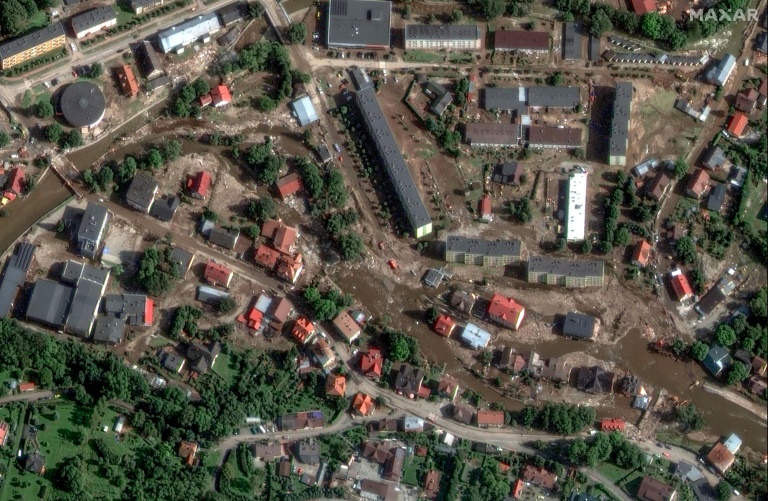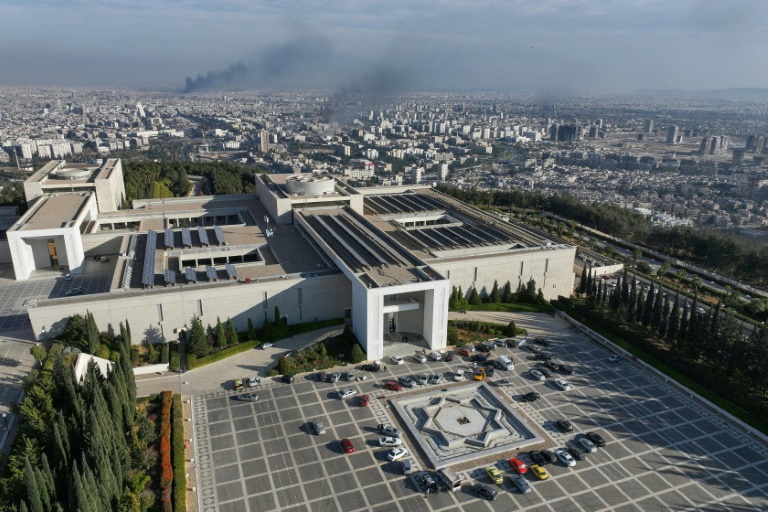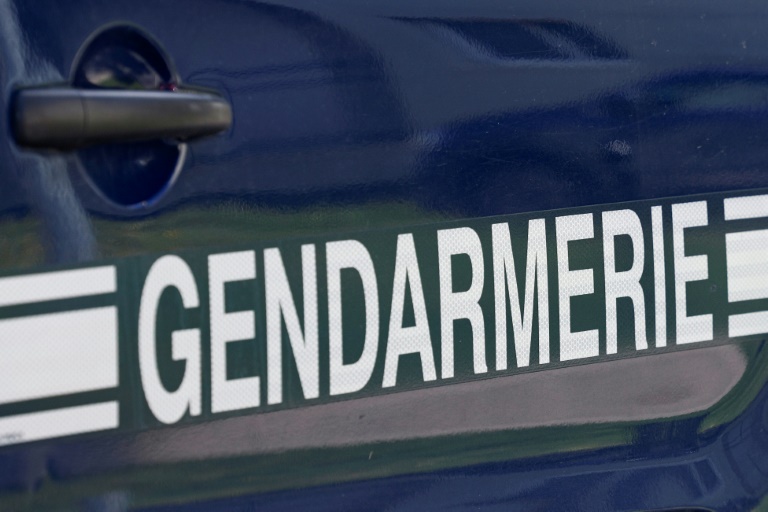The leaders of four countries hit by Storm Boris will meet Thursday in Poland with European Commission president Ursula von der Leyen to discuss aid for the flood-hit region.
The death toll from the storm which has hit central and eastern Europe in recent days rose to 24 on Wednesday and some areas are still under threat from rising waters.
Strong wind and heavy rains have been hitting the region since last week, killing five people in Austria, seven in Poland, seven in Romania and five people in the Czech Republic.
The meeting of Polish Prime Minister Donald Tusk, his Czech counterpart Petr Fiala, Slovakia’s Robert Fico and Austrian Chancellor Karl Nehammer will take place in Wroclaw, a historic city of 670,000 people in southwest Poland.
Struck by devastating floods in 1997, residents of Wroclaw have become increasingly concerned as the waters rise.
They are expected to reach their peak on Thursday.
While this is expected to be lower than it was in 1997, dams could be at risk if the high water lasts for several days.
Hungarian Prime Minister Viktor Orban — who this week cancelled all his international engagements because of the storm — will not be present at the meeting even though his country has also been badly affected.
Romania’s prime minister will also be absent because of a defence meeting.
Fiala said on X on Wednesday that the leaders would “discuss the possibilities for European financial aid to the Czech Republic and other countries in central Europe”.
Commission deputy chief spokesperson Arianna Podesta told reporters that von der Leyen “will visit the area at risk in Wroclaw to assess the situation created by the recent heavy floods and rains that have hit Poland”.
“She will discuss the actions taken by the authorities to respond to this crisis,” she added.
Austria’s Nehammer said: “We must use and expand the instruments that have been created for disasters like this. I will call in Poland for the activation of the EU Civil Protection Mechanism”.
The Czech Republic has already requested the activation of the mechanism to receive aid.
Nehammer said the summit would also discuss “an even better coordination of flood protection measures”.
In Poland, several towns and villages have been devastated by the flood waters which have demolished houses, brought down bridges and heavily damaged road and rail infrastructure.
In some areas, residents still lack drinking water and electricity.
Grassroots funding initiatives have been organised across the country as local authorities begin to assess damage which could run into the billions of zloty.
The Polish government says it has unblocked 470 million euros (two billion zloty) of direct aid to people and localities affected by the floods.
Austria has said its disaster relief fund will be increased to one billion euros to help flood victims.






